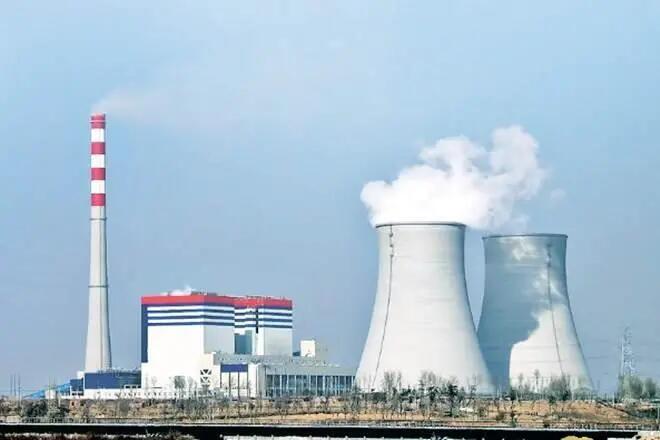
Centre Extends SO2 Compliance Deadline, Exempts Some Coal Plants
In a move that has raised concerns about environmental sustainability, the Environment Ministry has once again extended the deadline for coal-based thermal power plants to comply with sulphur dioxide (SO2) emission norms. The deadline for Category A plants has been extended from December 2024 to December 2027, and Category B plants will now be assessed on a case-by-case basis. Category C plants have been completely exempted from the compliance norms.
This decision has sparked widespread criticism from environmentalists and experts, who argue that the move will only serve to exacerbate the already critical air pollution crisis in the country. The SO2 emission norms were first introduced in 2015, with the aim of reducing pollution levels and protecting public health.
According to the Ministry of Environment, Forest and Climate Change, the deadline extension is intended to provide coal-based thermal power plants with more time to install the necessary equipment and technologies to reduce SO2 emissions. However, experts argue that this is simply a case of the Government caving in to pressure from the coal industry, rather than taking meaningful action to address the environmental and health impacts of pollution.
The SO2 emission norms were initially set to come into effect on December 7, 2017, but were subsequently extended to December 2024. The latest extension means that many coal-based thermal power plants will now have an additional three years to comply with the norms.
The decision to exempt Category C plants from compliance norms has also raised concerns. Category C plants are those that are more than 25 years old and have a capacity of less than 500 MW. These plants are typically smaller and less efficient than newer plants, and are therefore more likely to emit high levels of SO2 and other pollutants.
According to the Ministry, the exemption is intended to provide relief to these smaller plants, which are often struggling to stay afloat in a competitive market. However, experts argue that this is simply a case of the Government giving preferential treatment to the coal industry, rather than taking a holistic approach to addressing the environmental and health impacts of pollution.
The SO2 emission norms were first introduced in 2015, as part of the Government’s efforts to reduce pollution levels and protect public health. The norms require coal-based thermal power plants to install equipment that can reduce SO2 emissions by at least 80% by 2024.
However, despite the introduction of these norms, air pollution levels in the country continue to be critical. According to the Ministry of Environment, Forest and Climate Change, SO2 emissions from coal-based thermal power plants account for around 40% of the country’s total SO2 emissions.
The decision to extend the deadline and exempt some coal plants has been criticized by environmentalists and experts, who argue that it is a step backwards for the country’s efforts to address pollution. “This is a huge setback for the country’s efforts to address pollution,” said Sunita Narain, Director of the Centre for Science and Environment. “The Government is clearly prioritizing the interests of the coal industry over the health and well-being of the public.”
The move has also been criticized by the Supreme Court, which has been closely monitoring the country’s efforts to address pollution. “The Government’s decision to extend the deadline and exempt some coal plants is unacceptable,” said a Supreme Court bench, comprising Justices Arun Mishra and U.U. Lalit. “We expect the Government to take meaningful action to address pollution, rather than making excuses and delaying the implementation of norms.”
The decision to extend the deadline and exempt some coal plants has also raised concerns about the impact on public health. SO2 emissions from coal-based thermal power plants are a major contributor to air pollution, which is responsible for the deaths of millions of people every year.
According to the World Health Organization, air pollution is responsible for the deaths of around 7 million people every year, globally. In India, air pollution is estimated to be responsible for the deaths of around 1.2 million people every year.
The decision to extend the deadline and exempt some coal plants is likely to exacerbate the air pollution crisis in the country, and has raised concerns about the impact on public health. “This decision is a blow to the health and well-being of the public,” said Dr. Harsh Vardhan, Union Health Minister. “We must take immediate action to address pollution, and ensure that our air is clean and safe to breathe.”
In conclusion, the decision to extend the deadline for coal-based thermal power plants to comply with SO2 emission norms, and exempt some plants from compliance norms, is a step backwards for the country’s efforts to address pollution. The Government must take immediate action to address the environmental and health impacts of pollution, and ensure that our air is clean and safe to breathe.






